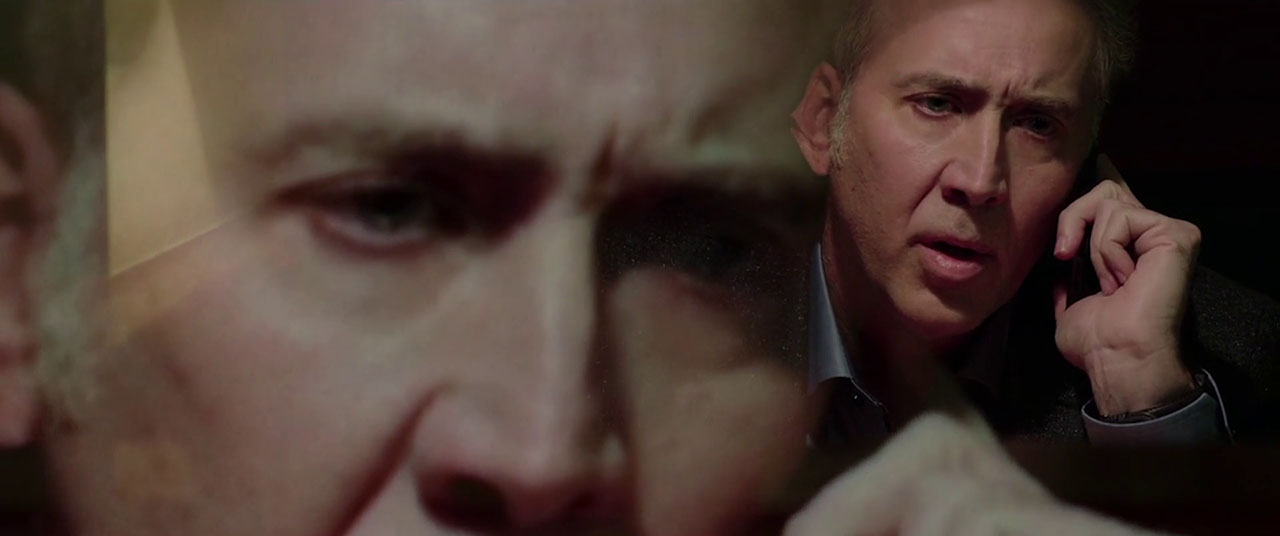Lovely French movie about life being complicated, starring the great Léa Seydoux, whose Blue Is the Warmest Color co-star I saw last night in The Five Devils. She’s a professional translator whose philosopher dad (Rohmer and Assayas regular Pascal Greggory) is losing his memory and stability and vision and needs to go into a home. The movie’s about heavy things but it moves beautifully.
Léa meets Melvil Poupaud, a cosmo-chemist who studies meteorites like in that Herzog movie, but he’s married, and goes back and forth with his intentions, as her dad gets moved to worse and then better facilities… it’s more like one fine year (the film is named after the dad’s unfinished autobiography).

Jordan Cronk in Cinema Scope: “In a year with no shortage of similarly themed French films (see Claire Denis’ [Both Sides of the Blade] and Emmanuel Mouret’s Chronique d’une liaison passagère), One Fine Morning makes a case for itself not by upending conventions, but by applying them with care and consideration.” Key review by Vadim Rizov, who liked it not as much.




